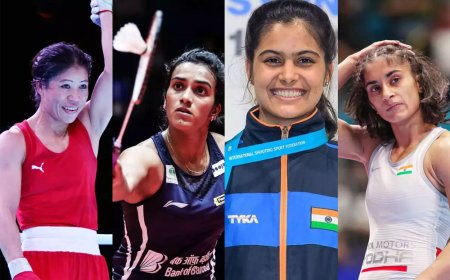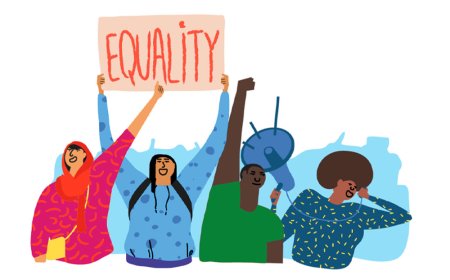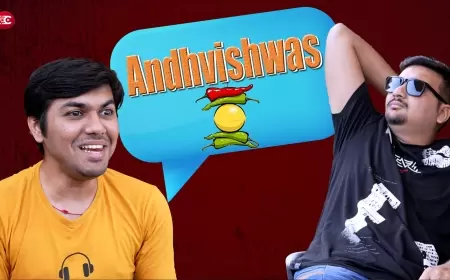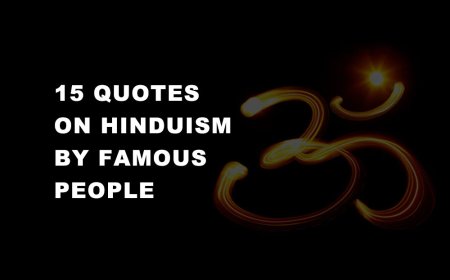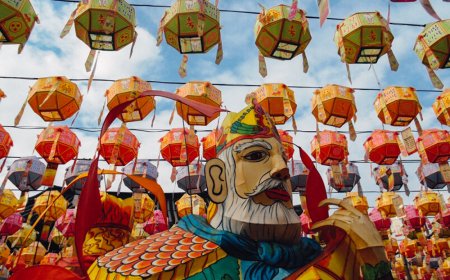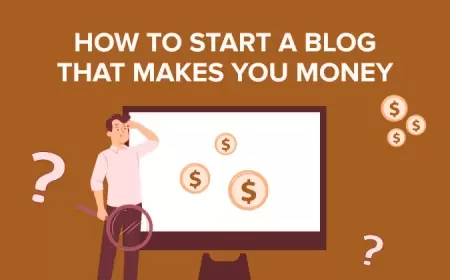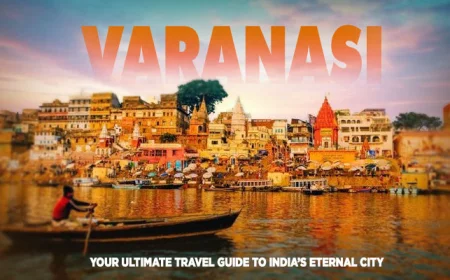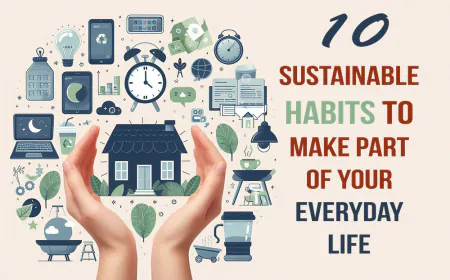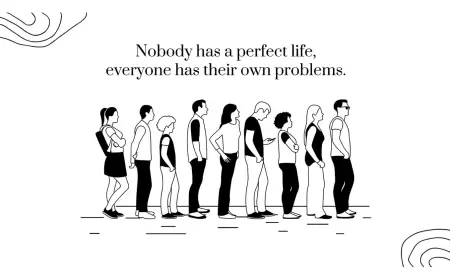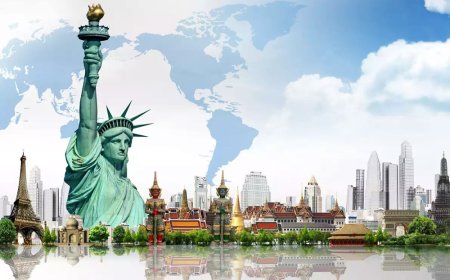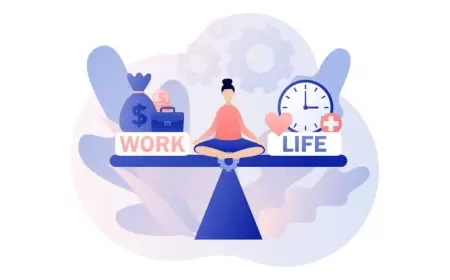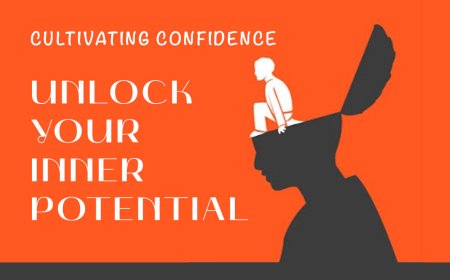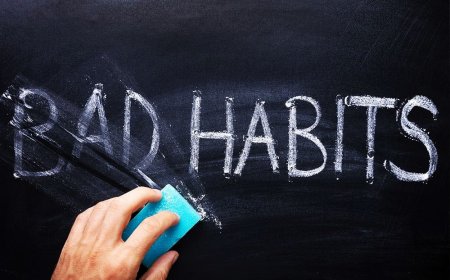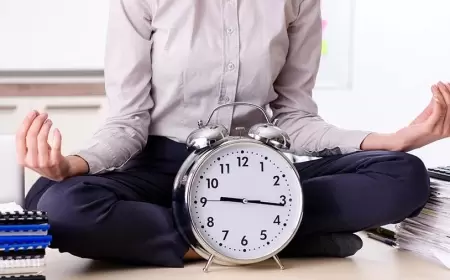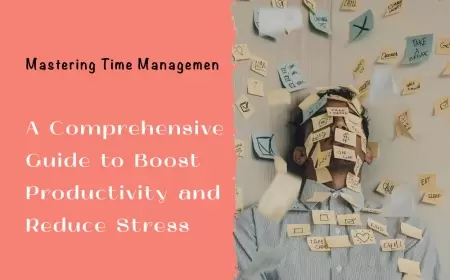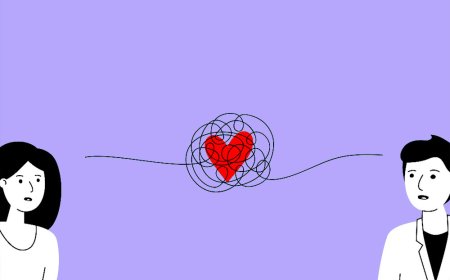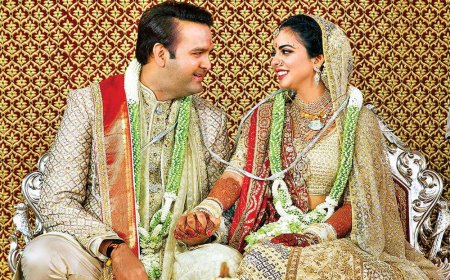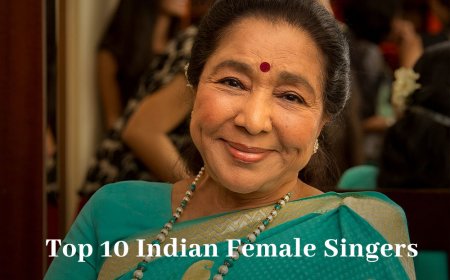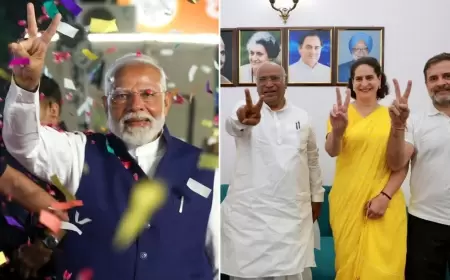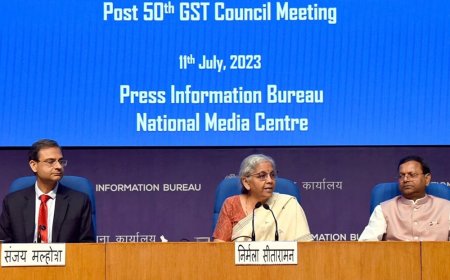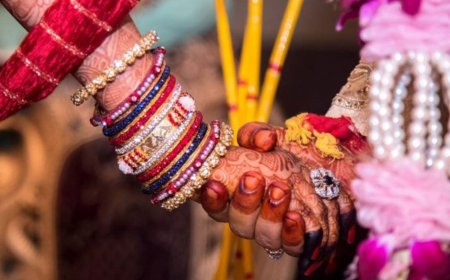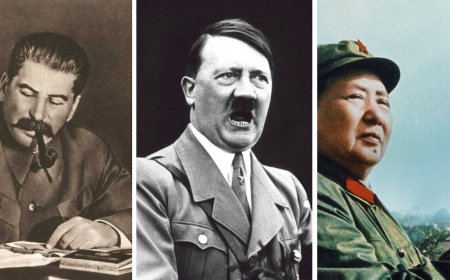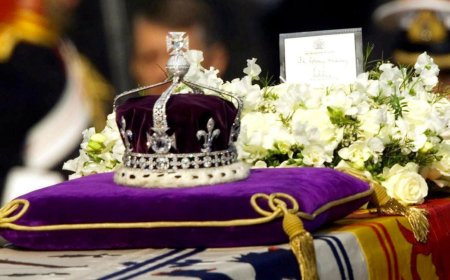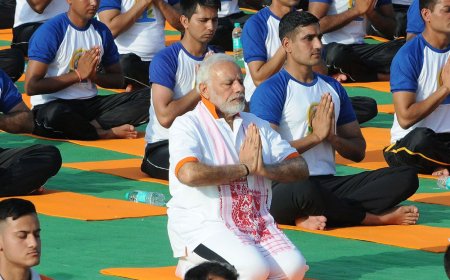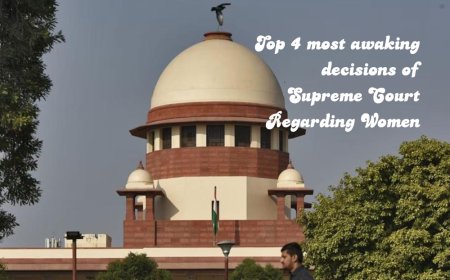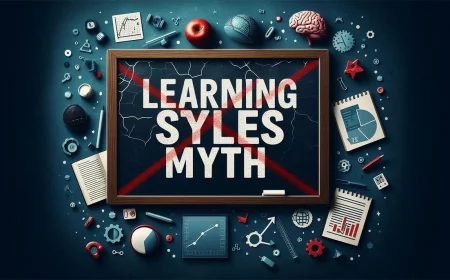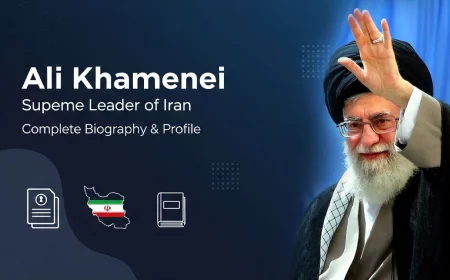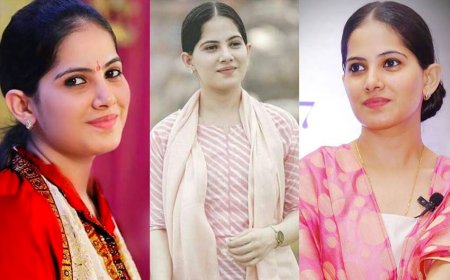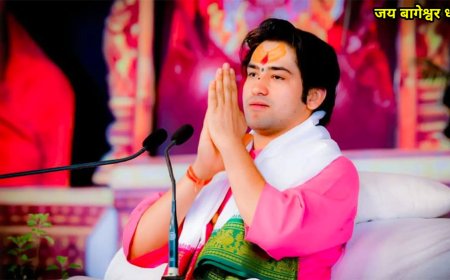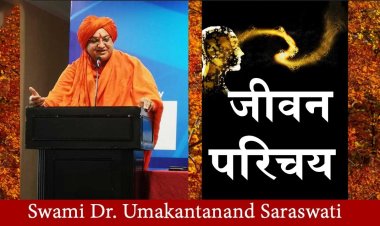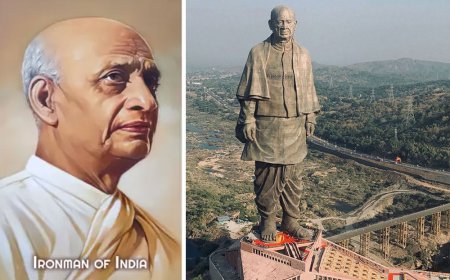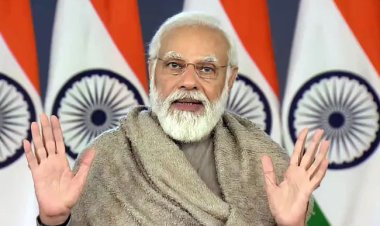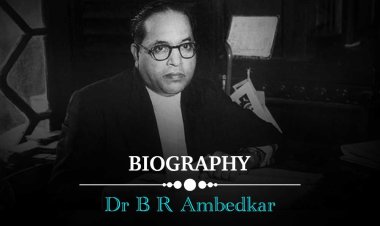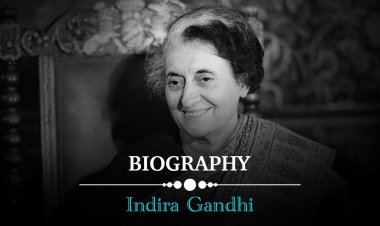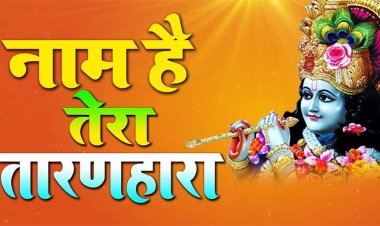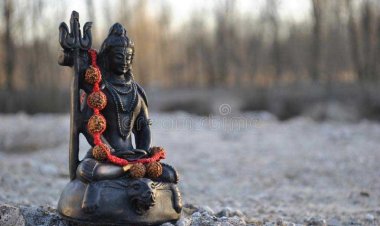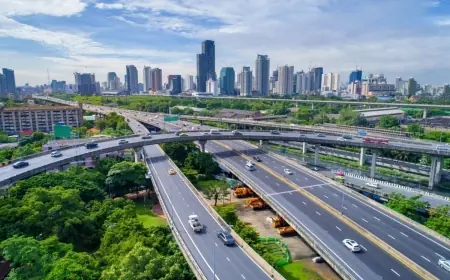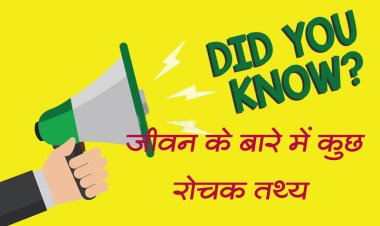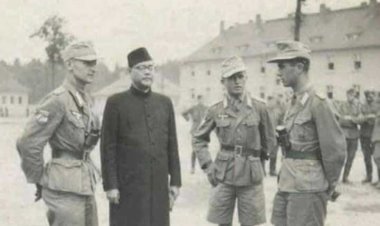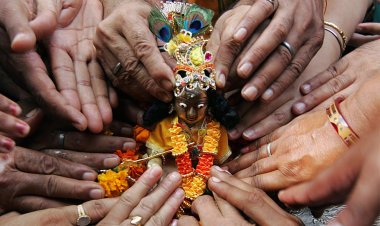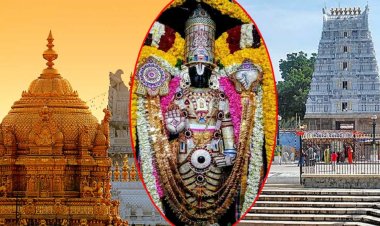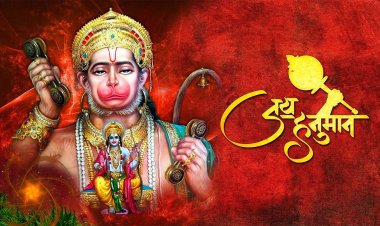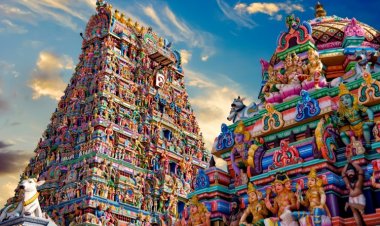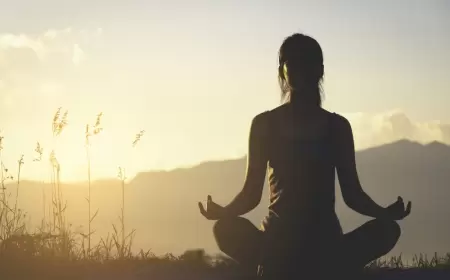How yoga enables PM Modi to tap into a significant global power matrix
Yoga is becoming a powerful instrument for India's soft power according to Indian Prime Minister Narendra Modi. Modi has gained an advantage in his diplomatic endeavors by promoting yoga domestically and internationally. India's soft power, yoga, portrays it as a kind and well-intentioned nation.
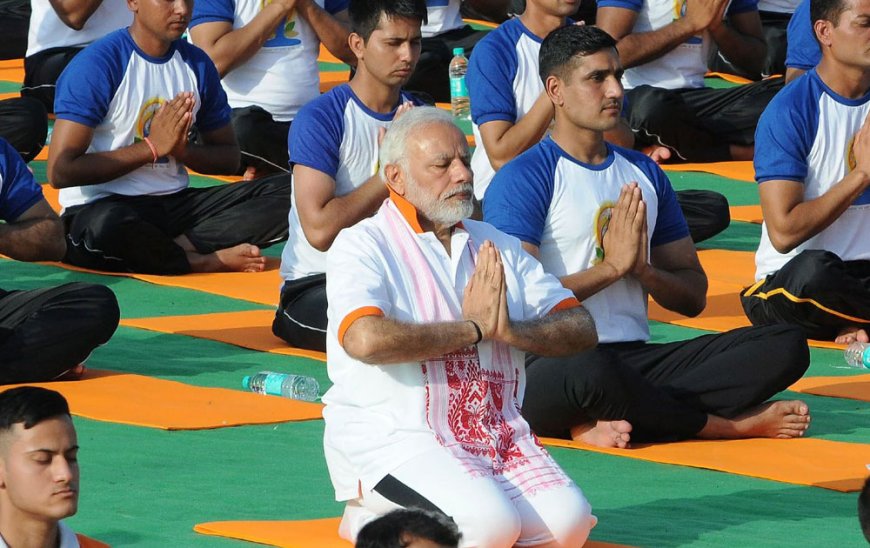
Jawaharlal Nehru, India's first prime minister, was a yoga practitioner. In a well-known photograph of him performing the Shirshasana, a famous yoga stance that requires a lot of time and effort to perfect, we can see him performing this pose. It goes without saying that Nehru had no feigned interest in yoga. He also sought to advocate for yoga in the classroom. With the guidance from her teacher, Dhirendra Brahmachari, Indira Gandhi, another prime minister, and his daughter, also practiced yoga.
But it is Prime Minister Narendra Modi who has elevated yoga to the rank of extremely effective diplomatic weaponry. Even under the administrations of Nehru and Indira Gandhi, yoga gained popularity among the world's elite. The two-time prime leader of Canada, Pierre Trudeau, loved to practice yoga. In a well-known photo from 2011, Justin Trudeau, the current prime minister, imitated his father's peacock pose (Mayurasana) by doing it on the desk in the Opposition Caucus chamber of the Canadian Parliament. But by the time Modi took office as prime minister in 2014, yoga had grown significantly in popularity all around the world. The internet significantly boosted yoga's appeal.
Modi saw the potential for yoga to be a tool for India's soft power in the West, where it has gained enormous appeal. Yoga practitioners range from Michelle Obama to pop artist Madonna. At a historic event to mark the 9th International Day of Yoga at the UN Headquarters in New York today, Modi will guide a distinctive yoga practice. Under the auspices of the UN, Modi was the one who initially declared International Yoga Day in 2014.
Modi has been known as the "yogi" due to his participation in countless public yoga activities and his promotion of the practice both domestically and internationally. Modi now has a clear advantage in his grandiose diplomatic project.
An icebreaker during power negotiations
Yoga aids Modi's tenacious attempts to establish India as a world force. When international leaders communicate, little gestures and common interests do important. They at least offer a tiny common ground that might eventually grow into a large interface. The world's power elite are talking about Modi's vigorous promotion of yoga.
According to Modi, practically every conversation he has with a world leader begins with yoga, and hardly any dignitary has not brought up the health program during a meeting with him.
No matter where I go in the world, the conversation always begins with yoga, no matter how tall the leader is. Hardly any leader has avoided talking about yoga for five to ten minutes. Some people were curious about yoga. To some, I've supplied reading material. And very few people practice alone," Modi stated in 2019.
Indeed, a personal relationship between world leaders may greatly improve ties between respective nations.
Hard benefits associated with soft power
Numerous people contend that yoga endows India with soft power. A nation can exert influence without using coercive or commercial means by using soft power. Soft power is a product of a nation's culture that attracts or persuades others. Yoga, of course, is India's soft power, attracting visitors to Indian traditional culture and portraying India as a benevolent and well-intentioned nation.
Yoga's soft power may also result in tangible advantages. For instance, India must combat unfavorable impressions in international discourse that not only restrict its ability to influence the globe but also find its way into the rules and norms that affect India's economy. Negative views might put off potential allies and international investment. Yoga is a powerful way to improve the perception of India.
The largest yoga-practicing country outside of India is America. According to a 2019 Yoga Journal poll, more than 36 million Americans (about 12 percent of the population) practice yoga. This is a startling 50% increase in yoga practitioners since 2012 when there were only 20 million of them. According to a poll, one in three Americans have at least tried yoga. In the past four years, the percentage of Americans over 50 who practice yoga has tripled. Seventy-two percent of yoga practitioners are women. According to the report, there are 6,000 yoga studios in the US, and each year, people spend $16 billion on yoga lessons, apparel, gear, and accessories.
Politicians, diplomats, other public servants, decision-makers in government agencies, and business executives must be part of the enormous demography that practices yoga in the United States. A favorable perception of India within the American power elite has the potential to provide India with significant benefits, including the ability to sway economic and political transactions in India's favor. In fact, Americans who practice yoga are often considered to be members of a liberal, college-educated population, and they are most definitely the type of people who have an impact on public opinion.
India has been slow to use its cultural influence. China pioneered it more than ten years ago. China works hard to popularize traditional Chinese medicine in the West and has succeeded in getting it recognized in many Western nations while being governed by a communist government that has little respect for tradition. In order to gain acceptance in the West, it also exhumed Confucius from antiquity and presented him as a Chinese symbol to the globe. Such actions have been very important in mainstreaming China.
Yoga and Modi's Aspirations for normative change
Modi frequently refers to India as the Vishwa guru or the world's teacher. Certainly, the world may benefit much from the philosophical traditions of India in order to build a better society, but today's true Vishwa guru is Europe, which determines the global laws. Europe possesses normative power, or approximately the authority to determine what is right or bad for the entire globe. It has the ability to establish norms and spread them over the world, including human rights and sustainable development.
Modi's allusions to India as the Vishwaguru show his desire to position India as a viable alternative normative power. Such businesses require a very long time to materialize, despite the fact that at this time they may seem rather impractical. The global nature of yoga can aid India in promoting ideas that can affect processes and policies.
Yoga has a wide spectrum of intellectual concepts that may influence, if not govern, discussions of international politics. Modi has previously advocated for the acceptance of yoga and presented it to the world as a universal discipline. According to a recent report by Arab News, Saudi Arabia plans to teach yoga in its institutions. Yoga had already received approval as a sport. This is a testament to Modi's passion for spreading yoga around the world, as it is typically associated with Hinduism and receives little support from adherents of other faiths.
Modi's success in promoting yoga as a discipline for everyone might mark the beginning of India's spreading of other ideals to the rest of the globe. Yoga could be the point of India's cultural wedge that gives it a unique position in the globe. Modi's promotion of yoga might be a small step in India's ascent to the status of a global force that shapes crucial discussions and decision-making procedures.
What's Your Reaction?
 Like
0
Like
0
 Dislike
0
Dislike
0
 Love
0
Love
0
 Funny
0
Funny
0
 Angry
0
Angry
0
 Sad
0
Sad
0
 Wow
0
Wow
0










